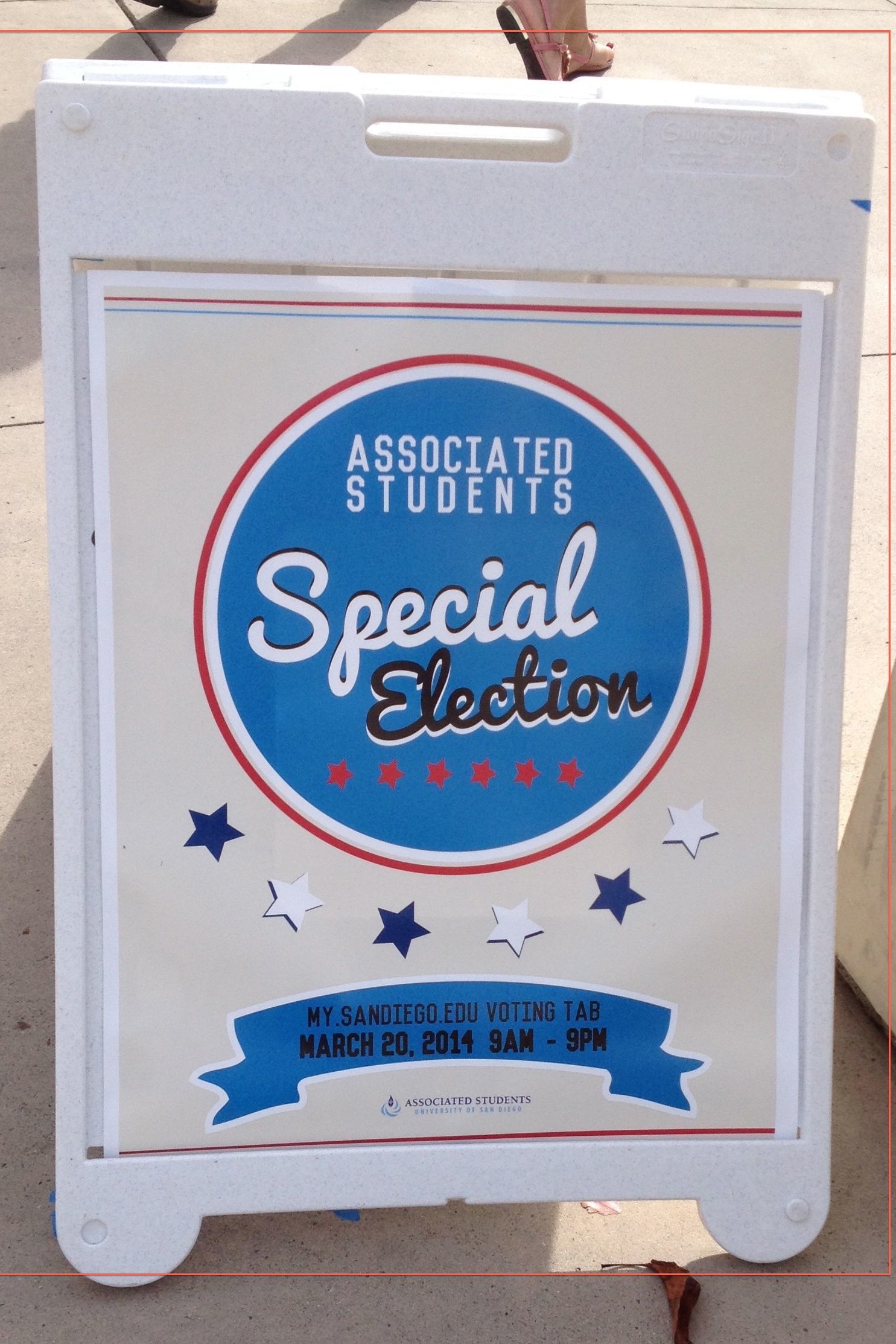As spring break approaches, we want you to take some time to focus on your college visits. In our sessions this month we will be going over, “Top Ten Ways to Test Drive a College,” originally published by IECA and a list of questions we put together that goes beyond asking things you can find on any college website.
Sample Questions for Tour Guides:
– Why did you decide to come to this school?
– What have you been most surprised about in your time here?
– How do students interact with faculty- inside and outside the classroom?
– Do students tend to stay on campus or get involved in activities in the surrounding area?
Sample questions for Admissions Officers:
– What impresses you the most in a student’s application?
– Is demonstrated interest a factor in your admissions decisions?
– What changes do you see taking place on campus in the next five years?
– Are the admission standards higher for certain majors?
CHECKLIST FOR COLLEGE VISITS |
- PICK A FEW QUESTIONS YOU WANT ANSWERED: You only need to pick a few (maybe 3-5) that are important to you (go through the print out) and ask multiple people on campus the SAME questions. This will help you gain different perspectives. HINT: Print out the list of questions and staple it in your notebook.
- TALK TO THE TOUR GUIDE: Feeling embarrassed to ask your tour guide your questions in front of the whole group? Just work your way to the front of the group as you are walking and ask the tour guide your questions while you are walking. At USD this past week I had to take a shuttle from the parking lot to the admission’s office and I talked to the student next to me. I learned all about her experiences as an international business major. Students love to talk about their school!
- TAKE NOTES: Make sure to bring a small notebook so you can take notes regarding the questions that are the most important to you. Don’t just jot notes from the official presentation; include those little details that catch your eye. Don’t stop at just the tour. While you’re visiting the college, give yourself a little time to just be on the campus and get a feel for the overall vibe of the place. If you can’t take notes while you are walking on the tour, make sure to write down your impressions right after the tour- maybe head to one of the eateries on campus. Then you can write your notes and also talk to more students. HINT: Avoid taking notes on your phone- it looks like you are not engaged and just texting.
- TAKE PICTURES: I am a visual person, so on my visit to University of San Diego last week, I made sure to take pictures of the different events displayed on kiosks around campus. I took pictures of buildings and even different places to eat to remind me of the feel of campus. Go to my facebook page to see my pictures from USD. HINT: Make your first picture something that has the name of the college in it so if you are visiting multiple campuses you can distinguish between your photos.
- PICK UP A NEWSPAPER: If you really want to know what is going on around campus, pick up a newspaper and read it.
CHECKLIST FOR APRIL
1. Set up a weekly college meeting time at home
Set up a time during the week when you and your parents can talk about your college search and application process. During this time, your parents are allowed to bring up anything that is on their minds and ask as many questions as they want. The rest of the week, college talk is off limits, unless you raise the subject. Perhaps the meeting could involve pizza or ice cream?
2. Think ahead about letters of recommendation
It may seem early, but now is a good time to start thinking about which teachers you might ask for a letter of recommendation. Don’t worry. You do not need to ask anyone for a letter just yet, but planning ahead can make asking a little easier. Many colleges will ask for two letters from faculty members who have had you in their classrooms in 11th or 12th grade. Who should you ask? First off you want to ask teachers in different disciplines. Then think about the teachers who saw you perform at your best. Which teachers have sparked your curiosity? Which ones make you reconsider your own opinions? Those are the people you want writing for you.
3. Keep examples of solid papers and reports
Some schools offer a testing optional program and may in turn ask you for examples of your work. Keep graded papers, tests and labs from junior year in a file in case you might want to use them later.
4. Keep an open mind
Allow yourself to change your mind, even if you already have a set idea of where you plan to apply next fall. You may find schools that resonate with who you are, but do not match your plan. It is O.K. to change the plan. In this phase, changing your mind and adjusting your criteria are not signs that you do not know what you want. Actually, they are indications that you are a flexible thinker with the confidence to trust your judgment.
5. Don’t rush this part
Reflection and research are at the heart of the college application process. Visiting schools, thinking about what kind of undergraduate experience you want, and starting to create a list should be a really fun process. There are very few times in your life when you get to choose where you want to live, the kind of people you want to spend time with, and the way you want to learn. You might as well make the most of the opportunity.
* much of this material for this checklist was adapted from an article on the Choice Blog, by Heather Keddie, the co-director of college guidance at The Archer School for Girls in Los Angeles.




